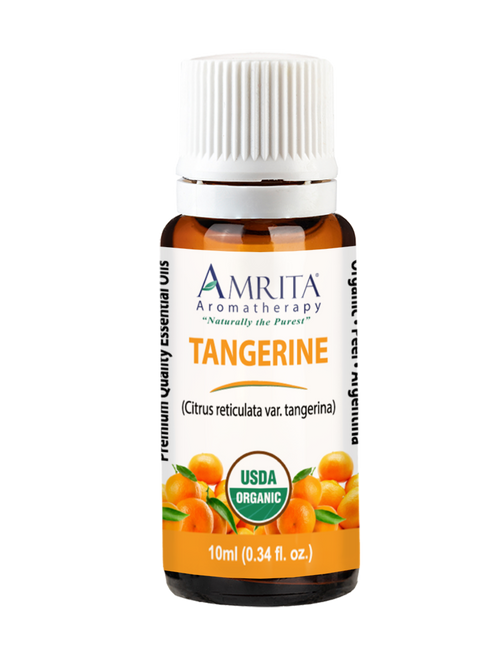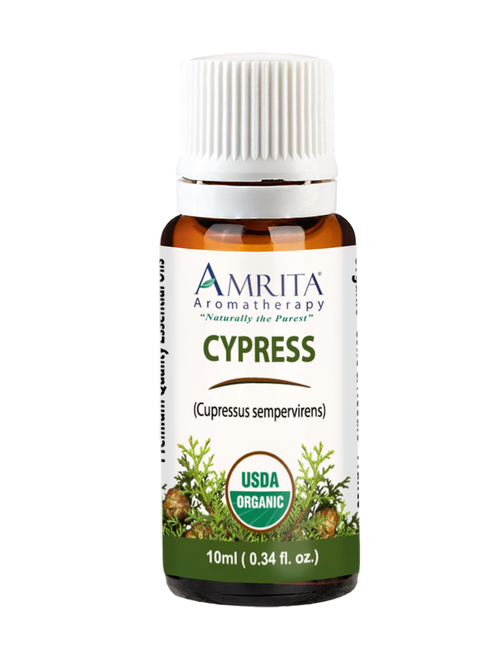- Other Names
- Pucha Pot, Putcha-Pat, “Stink” Weed
- Farming Method
- Certified Organic
- Plant Part
- Leaf
- Country of Origin
- India
- Application Method
- Bath, Diffusion, Inhalation, Massage, and Topical
- Scientific Name
- Pogostemon cablin
- Extraction Method
- Steam Distilled
About the Plant:
Pogostemon cablin is a flowering perennial plant in the family Laviaceae, a.k.a. the “mint” or “deadnettle” family. It will grow up to approx. 2.5 ft. tall in its native habitat ranging throughout South Asia, including India, Indonesia, Malaysia, Thailand, the Philippines, and parts of China. With its pleasantly intense aroma, this herb has been highly regarded amongst Asian peoples as it is quite hardy and well adapted to hot, humid climates throughout their part of the world. Eventually, the Western world came to equally enjoy Patchouli after it was circulated via ancient trade routes.
Its lovely flowers range in color from white to pale purple or pink and appear in dense wooly spikes during autumn, later giving way to the tiny seeds which will propagate the next generation of the plant. The essential oil is steam-distilled from the lobed, hair-lined leaves, well known for its hypnotic, aromatic qualities coupled with a plethora of potential benefits to the mind and body.
Where It Grows:
Though Patchouli is native to the Philippines, most of its commercial growth occurs in India, Indonesia, China, Singapore, West Africa, and Vietnam. Despite its natural preference towards hot and humid climates throughout South Asia, it can be grown pretty much anywhere that a temperature of 15ᵒC is maintained (either naturally or artificially) while ensuring at least 6 hours of sunlight a day. There are even Patchouli “kits” which can be obtained for the specific purpose of growing one’s own stash.
Traditional Uses and Lore:
Some of the earliest evidence of Patchouli use traces back to South India, despite its being native to the Philippines. While mainly used medicinally at that time, it was also utilized as an insect deterrent and as a culinary ingredient in teas or food.* It took hundreds of years before trade routes expanded Patchouli’s popularity to the Middle East and then even longer before becoming a highly sought after product amongst Europe and other Western civilizations. Here are some interesting facts regarding use of this fine herb in the past:
Patchouli was commonly used to mask the odor of human decomposition during funerals from the 17th to 19th Tutankhamun was buried with ten gallons of Patchouli infused oil in his tomb! Because it was so closely associated with high-end textile items in the 1800’s, due to its bug deterring abilities during shipment, Patchouli became synonymous with high-fashion and wealth to the European market. This caused it to be exchanged at a pound for pound rate with gold!
Some have called it “the scent of the 1960’s” since it was a staple ingredient of the most popular scents of the time, along with the fact that many free-loving hippies considered Patchouli to be an aphrodisiac (though it is technically not in the common sense, as mentioned above) as well as an effective cover-up scent to mask the other odors.* Madonna’s album “Like A Prayer” had drops of Patchouli oil added to individual copies in an effort to combine its romantic essence into the musical and artistic experience.
Other Facts:
- Scent: Earthy, Dark, Musky, and Slightly Sweet with an Intoxicating Aroma
- Fragrance Note: Base Note
- Composition: Pogostone, Patchoulol, α-Patchoulene, and β-Patchoulene
- Family: Laviaceae Family
*These statements have not been evaluated by the Food and Drug Administration. These products are not intended to diagnose, treat, cure, or prevent any disease.
- USDA Certified Organic
- Supports Creative, Out of the Box Thinking
- Hydrates the Skin
- Deters and Tackles a Wide Range of Illnesses
Patchouli Organic Essential Oil is a time-tested, truly classic essential oil which is well-known within the aromatherapy community. As a general practice, Amrita doesn’t recommend Patchouli for just anyone, as it tends to disconnect from life purpose and traditional values. It is good to use for avantgarde artists and those who want to walk off the beaten path. Patchouli can help you act in ways your mother told you not to!
Patchouli has long been recognized as having many beneficial qualities toward skin health.* While helping to alleviate dry skin, it can also help to reduce the appearance of wrinkles, blemishes, or problem skin areas.* It helps to keep the complexion looking healthy and reduce the appearance of varicose veins, all while enhancing the overall feel of the skin.* Patchouli oil can also be used for significantly reducing tangles in hair and works fantastically in beard oils solutions for men.* These effects are achieved by applying topically in various ways.
Patchouli Essential Oil exhibits antimicrobial, antibacterial, antiviral, and antifungal properties, allowing it to be a vital aid in the battle against many ailments including, but not limited to, skin wounds, skin infections, cold/flu, and stomach problems.* It also has anti-inflammatory and analgesic qualities which help tackle various sorts of pain inside and out, such as superficial skin wounds, joint or muscle pain, and even discomfort related to inflammation of the colon or other gastric issues.*
As previously mentioned, Patchouli has long been regarded for its ability to safely but effectively deter people from insect bites, and protecting textiles from bugs during shipment or storage, partly due to its main constituent, patchoulol.* It also acts as an antioxidant and antimutagen which could help to inhibit the reproduction of cancerous cells and to mitigate the aging process.*
The inhaled essence of Patchouli is held in high esteem for its abilities to alleviate tension and disconnect the user from traditional values.* These effects can be subtly altered depending on what, if any, other ingredients are blended with it. This disconnecting quality allows it to be credited by some to exhibit the qualities of an aphrodisiac, while also being used in ceremonial incense blends due to its ability to uplift the spirit. The complex aromatic essence contained in this oil is sure to make itself at home within many aromatherapy regimens, with its disconnecting qualities and fundamentally inherent vitality.
When the essence of Patchouli is diffused and inhaled, its rich aroma has been noted for helping to enhance the user’s emotional and mental state, while also promoting a free-thinking divergence from rigid mental patterns. This fragrance, when used sparingly, blends seamlessly with many other essential oils to create pleasing scent combinations, which also lend it to frequent use by the cologne and perfume industries. A wide range of aromatic atmospheres can be created using Patchouli, ranging from energizing / invigorating to calming / soothing, and anywhere in between. It has also been noted by some users to act as an aphrodisiac! The fact here is, that it is not an aphrodisiac in the common sense, but due to its ability to disconnect the user from traditional values, Patchouli can help you act in ways your mother told you not to!
The following is a list of conditions which Patchouli Essential Oil addresses by category:
|
|
|
*These statements have not been evaluated by the Food and Drug Administration. These products are not intended to diagnose, treat, cure, or prevent any disease.
Topical Application (for use on the skin):
|
||||
|
|
||||
|
|
Diffusion / Inhalation (add a few drops to a nebulizer or nasal inhaler):
- Respiratory System:
- Helps Keep Airways Clear
- Helps Deter Cold / Flu
- Helps Alleviate Symptoms of Cold / Flu
- Helps Mitigate Congestion
-------------------------------------------------------------------------------------------------------------------------------------------------------------------
Blends Well With:
-------------------------------------------------------------------------------------------------------------------------------------------------------------------
Safety Precautions:
- Certified Organic Patchouli Essential Oil is non-toxic and non-sensitizing.
- It may be a skin irritant in high concentrations.
- Dilute properly before using.
- Remember to use sparingly.
- Patchouli is not recommended for ingestion.
General Precautions:
- Use essential oils only in diluted form on the skin and never internally.
- Always be careful when using essential oils with children.
- Give children only low doses, or better, consult a qualified aromatherapy expert before using.
- Also, use essential oils with care and only under the proper guidance of an expert while pregnant or if you have liver damage, epilepsy, cancer, or other serious health problems.
*These statements have not been evaluated by the Food and Drug Administration. These products are not intended to diagnose, treat, cure, or prevent any disease.
Bottles are filled by volume. Some bottle sizes may not be filled to the top but do contain the volume of oil specified.
Click the link below to view GC Analysis









